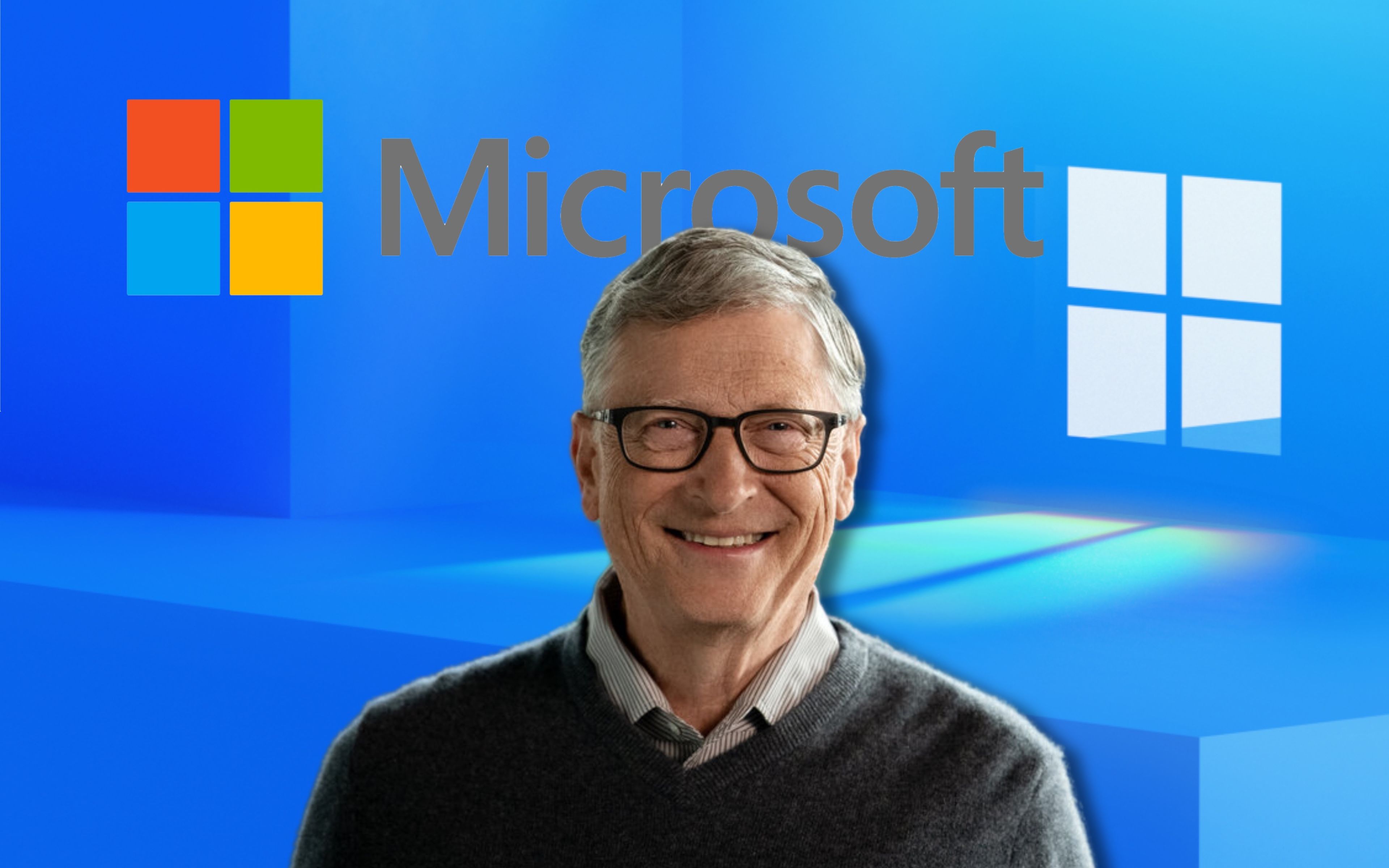
In the early days of Microsoft, long before it became the technology powerhouse we know today, Bill Gates and his small team faced challenges that would profoundly shape their understanding of business, leverage, and market control.
The story of Microsoft’s beginnings, particularly their experience with the Altair 8800 and the BASIC programming language, offers crucial lessons about the dynamics of power in business, the importance of controlling distribution channels, and the relentless pursuit of opportunity even when resources and leverage are limited.
These lessons, learned under pressure and near failure, provide valuable insights for any startup or entrepreneur navigating the complexities of building a company from scratch.
Back in 1975, Microsoft was not yet a household name or a global tech giant. Instead, it was a fledgling startup consisting of a few talented programmers, including Bill Gates and Paul Allen, writing software for the Altair 8800, one of the earliest personal computers.
Their product was a programming language called BASIC, designed specifically for the Altair platform. Despite the innovation and potential of BASIC, Microsoft’s control over its success was limited.
They did not sell BASIC directly to customers; rather, they entered into a deal with MITS, the manufacturer of the Altair, which bundled BASIC with their computers and sent Microsoft royalty checks in return.

This arrangement placed Microsoft in a vulnerable position, dependent entirely on MITS to manage distribution and customer relationships.
The partnership initially appeared mutually beneficial. MITS had the customer base, manufacturing capacity, and market reach, while Microsoft had the innovative product that made the Altair more usable and attractive.
However, the fundamental imbalance lay in who controlled the distribution channel—the “pipe” through which the product reached customers. In this case, MITS owned that pipe.
When MITS was acquired by another company, the relationship between Microsoft and MITS fractured. The new owners ceased communication, stopped sending royalty checks, and essentially cut Microsoft off from their primary source of revenue.
Despite having created the BASIC programming language that was in demand, Microsoft had no direct connection to customers and no leverage to influence distribution.
This near-collapse taught Bill Gates and his team a crucial lesson: having a great product alone is not enough. Without control over the distribution channels and customer relationships, the product’s success is at the mercy of others.

Gates later reflected on this as a pivotal moment in Microsoft’s early history—a realization that power in business often comes not from the product itself but from owning the “pipe” through which that product is delivered.
This understanding informed Microsoft’s subsequent strategies, focusing on creating platforms and ecosystems where they could maintain control over both the product and its distribution.
The story also highlights how small startups, even without resources like lawyers or vast capital, can survive and negotiate if they have genuine market demand. Microsoft had no legal team, no large financial reserves, and very limited leverage in the traditional sense.
Yet, their product filled a real need in the emerging personal computing market. Other companies wanted BASIC, and that demand was enough to keep Microsoft afloat through difficult times.
This lesson underscores the power of market demand as leverage—if a startup builds something people want, even without traditional advantages, it can create opportunities for survival and growth.
Another important insight from this story is the role of timing in business success. Bill Gates famously dropped out of Harvard University not because it was fashionable but because he understood the urgency of seizing market opportunities.

Markets do not wait for perfect timing or credentials; they reward those who act decisively when the moment arrives. This principle is critical for startups, where early entry into emerging markets and quick adaptation to changing conditions can determine long-term success or failure.
Microsoft’s experience with the Altair BASIC also illustrates the importance of building direct relationships with customers. After the fallout with MITS, Microsoft shifted its strategy to focus on licensing software directly to hardware manufacturers, thus gaining more control over distribution.
This pivot was instrumental in Microsoft’s rise to dominance, as it allowed the company to build a broader base of partnerships and avoid dependence on any single intermediary.
It also set the stage for Microsoft’s future success with the Windows operating system, where controlling the platform and its distribution became central to their business model.
The lessons from Microsoft’s early days remain highly relevant in today’s startup ecosystem. Many modern entrepreneurs face similar challenges of balancing product development with gaining control over distribution and customer access.

The story underscores the importance of thinking beyond the product itself and focusing on the entire value chain—how a product reaches the customer, who controls that access, and how to build leverage in negotiations. It also highlights the resilience and creativity required to navigate setbacks and find new paths to success.
In addition, the story reflects broader themes about the nature of power and control in technology industries. Companies that own platforms, ecosystems, or distribution networks often wield outsized influence, sometimes more so than those who create individual products.
Microsoft’s journey from a software startup vulnerable to its partners’ decisions to a dominant platform owner illustrates how control over the “pipe” can translate into market power.
This dynamic continues to play out in today’s technology landscape, with companies like Apple, Google, and Amazon emphasizing control over ecosystems and platforms as keys to competitive advantage.
Bill Gates’ reflections on these early challenges also reveal the mindset required to build and scale a successful company. Recognizing vulnerabilities, learning from mistakes, and pivoting strategically are essential traits for any entrepreneur.
Gates’ willingness to adapt Microsoft’s business model in response to changing circumstances demonstrates the importance of flexibility and strategic thinking.

These qualities, combined with a clear focus on market needs and timing, contributed significantly to Microsoft’s growth into one of the most successful technology companies in history.
Finally, the Microsoft story serves as inspiration for founders and startups worldwide. It shows that early setbacks and vulnerabilities do not have to spell doom if the team has a compelling product and the determination to persevere.
Even when facing larger partners or competitors with more resources, startups can find leverage through market demand and innovative strategies.
The lessons about control, timing, and negotiation remain timeless, providing valuable guidance for navigating the complex journey of building a company from the ground up.
In conclusion, Bill Gates’ experience with Microsoft’s early days teaches us that product innovation alone is insufficient without control over distribution and customer relationships.
Startups must understand the power dynamics within their markets, seize opportunities with urgency, and be ready to pivot when faced with challenges. Microsoft’s near-collapse after losing control of its distribution channel was a formative moment that shaped the company’s future strategy and success.
These insights continue to resonate today, reminding entrepreneurs that building leverage, maintaining flexibility, and understanding market forces are critical to turning a small startup into a lasting enterprise.
-1743653071-q80.webp)
-1747714323-q80.webp)

